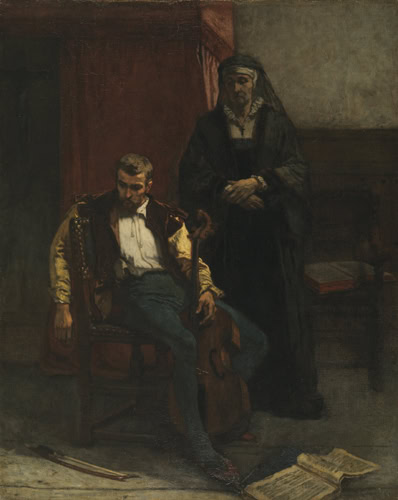The importance of solidarity
A summary of some of the highlights of the recent International Orchestra Conference, as USDAM prepares to host the 23rd FIM Congress in Geneva in June.
From October 23 to 26 last year, the Swedish city of Malmö played host to the fifth International Orchestra Conference (IOC), organized by the International Federation of Musicians (FIM), of which the Union Suisse des Artistes Musiciens is a founding member. In fact, two USDAM members were among the speakers: Central Secretary Beat Santschi, who is also FIM Vice-President, moderated the round table entitled Building solidarity within the orchestra and internationally: a trade union strategywhile union secretary Jessica Frossard took part in the one devoted to the theme of The freelance musician in the orchestra: same job, same rights?In fact, the latter, due to the short duration of their engagements, rarely reach the thresholds required in Switzerland for entitlement to social benefits (sick leave, BVG/LPP, maternity leave). The latter, because of the short duration of their engagements, rarely reach the thresholds required in Switzerland for entitlement to social benefits (sick leave, LPP, maternity leave). She was also able to present the problems posed by two protective measures for pregnant women that are incompatible with the nature of the profession of orchestral musician. Article 11 of the Ordinance on Dangerous or Difficult Work during Pregnancy and Maternity issued by the Federal Department of Economic Affairs, Training and Research states that "Pregnant women must not be assigned to workplaces where the sound pressure level is greater than or equal to 85 dB(A) (LEX 8 h [= average daily exposure of eight hours])", while Article 35a of the Federal Law on Labor in Industry, Trade and Commerce stipulates that "during the eight weeks preceding childbirth, pregnant women may not be employed between 8 p.m. and 6 a.m.". Compliance with these measures results in a ban on working. Whereas for permanent workers, the employer must ensure adequate working conditions or compensate for loss of income, pregnant freelance musicians are simply no longer hired, creating discrimination. A motion has been tabled in parliament on the initiative of USDAM and other unions, with the support of the Swiss Federation of Trade Unions - see our December 2024 issue.
The extensive conference program provided an opportunity to share experiences, express concerns and publicize initiatives. Participants addressed a number of topics as fascinating as they are important for musicians in symphony and opera orchestras, from working conditions and health prevention to environmental issues and international solidarity. For example, a number of work-life balance issues have been raised, such as discrimination against mothers or those caring for elderly or disabled children and relatives. On the other hand, while older musicians should be entitled to more free time (some orchestras offer partial or early retirement plans that can accommodate their particular needs), and new generations tend to have higher expectations or demands in terms of work-life balance, excessive stress on the contrary degrades the quality of work and can be detrimental to personal life. While expanding the repertoire into other genres (film music or epic style, for example) can bring in new audiences and new financial partners, it was noted that this diversification must be well managed so as not to become a source of higher work pressure; musicians must also be given sufficient time to adapt. Private life is also affected when inadequate salaries force musicians to hold more than one job, as is the case for many freelance musicians.
On the positive side, in Japan, musicians and audience members can bring their children to the concert, who are looked after during the performance. Another example: in Kenya, classical music used to be reserved for a privileged few. Sustained efforts to make music and music education more accessible have enabled a large number of people from more diverse social backgrounds to gain access to classical and orchestral music, leading to an increase in audience numbers. This demonstrates once again the importance of effective mediation, intervening upstream and reaching out to potential audiences.
The difficulties faced by freelance supplementary musicians were highlighted, in particular the differences between their rights and those of permanent musicians. On a global level, trade unions represent freelancers more effectively than has been the case in the past. The USDAM has been a pioneer in this field, having worked on their behalf since its foundation in 1914 (see the brochure tracing its history, published on the occasion of its centenary). Joining a trade union gives the self-employed, among other things, access to information and tools to assert their rights. A round-table discussion highlighted the fundamental importance of solidarity within the orchestra and internationally, as a basis for union action. For this reason, in Germany, DOV became UNISONO in 2022 to underline the importance of solidarity and the need to speak with one voice, striking a balance between those working in small and large orchestras, or between freelance and full-time salaried musicians, in order to focus on a common vision and goals.
Our union secretary Jessica Frossard summed up: "It's a unique experience to be brought together for a common cause, and to address essential issues with people from the profession who have similar experiences, but with different resources and cultures, both in terms of the political functioning of their countries and in terms of mentalities regarding the profession and the image of each society in relation to the high-level music provided in the professional orchestras of the countries represented by FIM. The work was intense and the exchanges fruitful.








